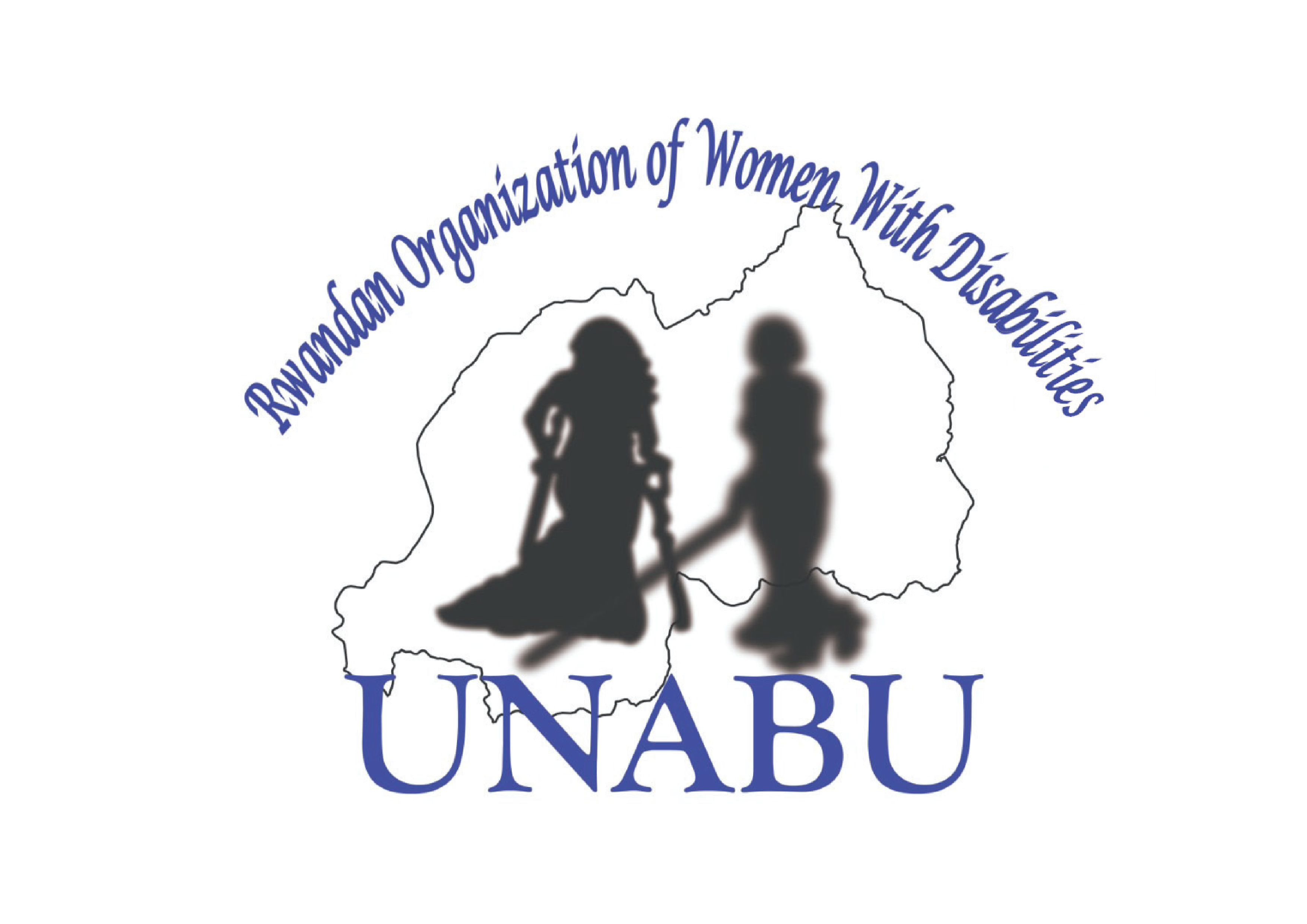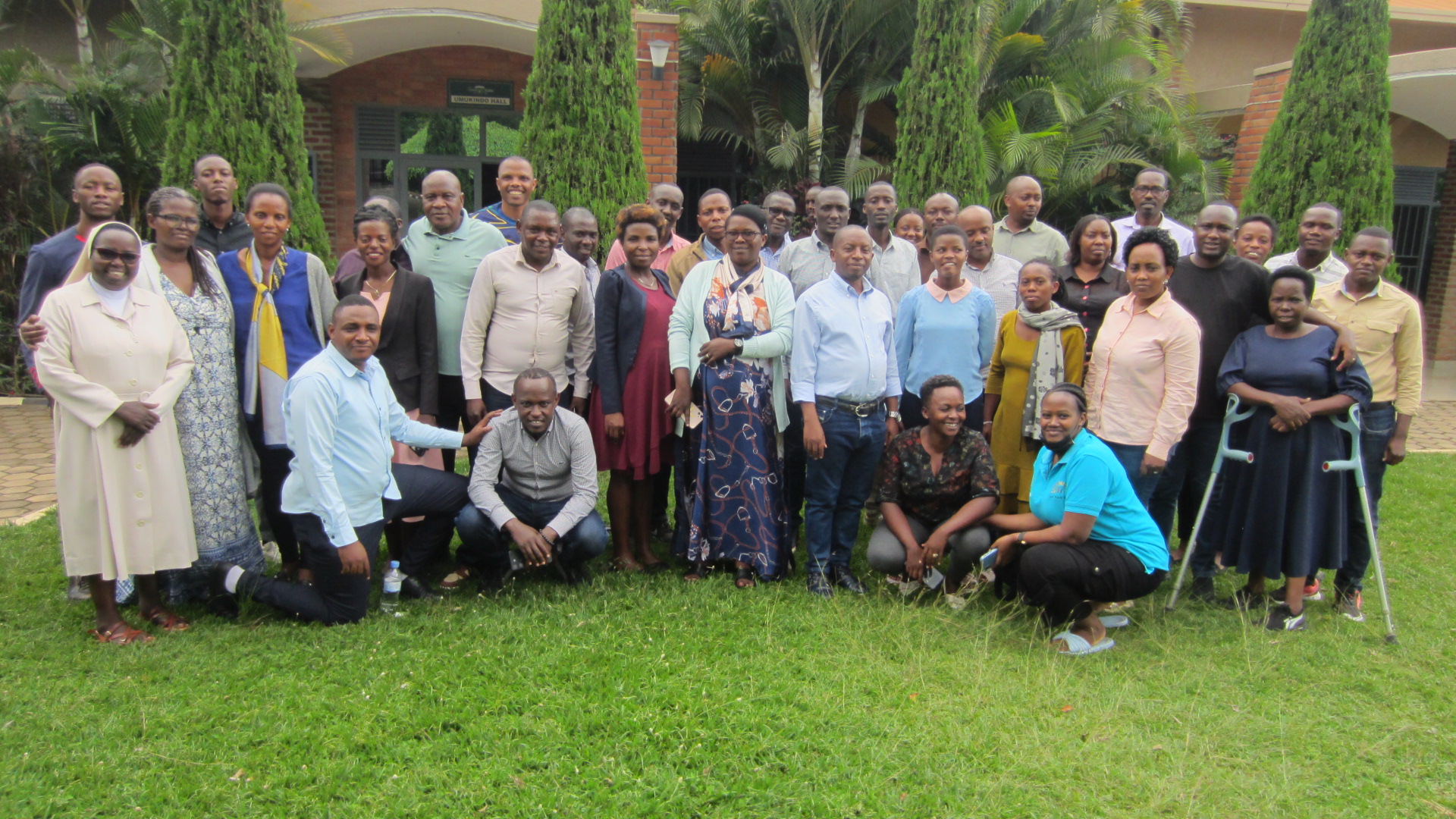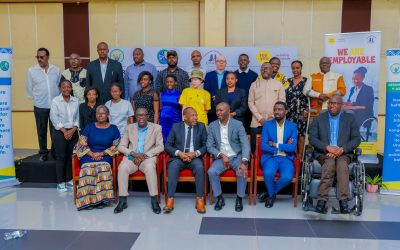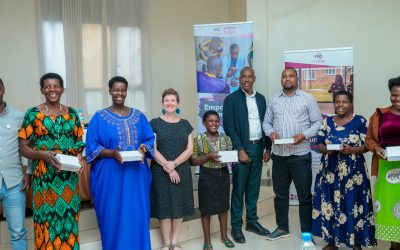From May 21st to 23rd, 2025, Umuryango Nyarwanda w’Abagore Bafite Ubumuga (UNABU ) conducted a transformative disability inclusion workshop in Bugesera District to strengthen disability inclusion across institutions and communities. Held at Savanah Hotel, the three-day session brought together 38 stakeholders from various sectors, including local leaders, civil society organizations, TVET representatives, religious institutions, and financial institutions.
This workshop formed part of the Employable Project implementation, funded by the SeeYou Foundation based in Netherlands. The workshop cover topic around understanding disability, disability rights, intersection of gender and disabilities, mapping the opportunities available for self/employment; and how to work with persons with various types of disabilities. The sessions emphasized the importance of using respectful, inclusive language, while addressing the unique challenges faced by girls and women with disabilities—especially in rural areas.
This workshop in Bugesera was not just an event—it was a significant step forward in the national movement for disability-inclusive development. Participants’ feedback underscored the workshop’s impact.
“This training opened my eyes to the silent struggles of girls and women with hearing and speaking impairments”
“They often remain invisible in our systems. What I have learned here will guide our future advocacy and service delivery.”a representative from a local TVET institution echoed similar sentiments.
“Before this training, I didn’t realize how our education environment could exclude people with disabilities, especially girls,” he admitted. “Now I understand how we can create supportive and inclusive spaces for all learners.”
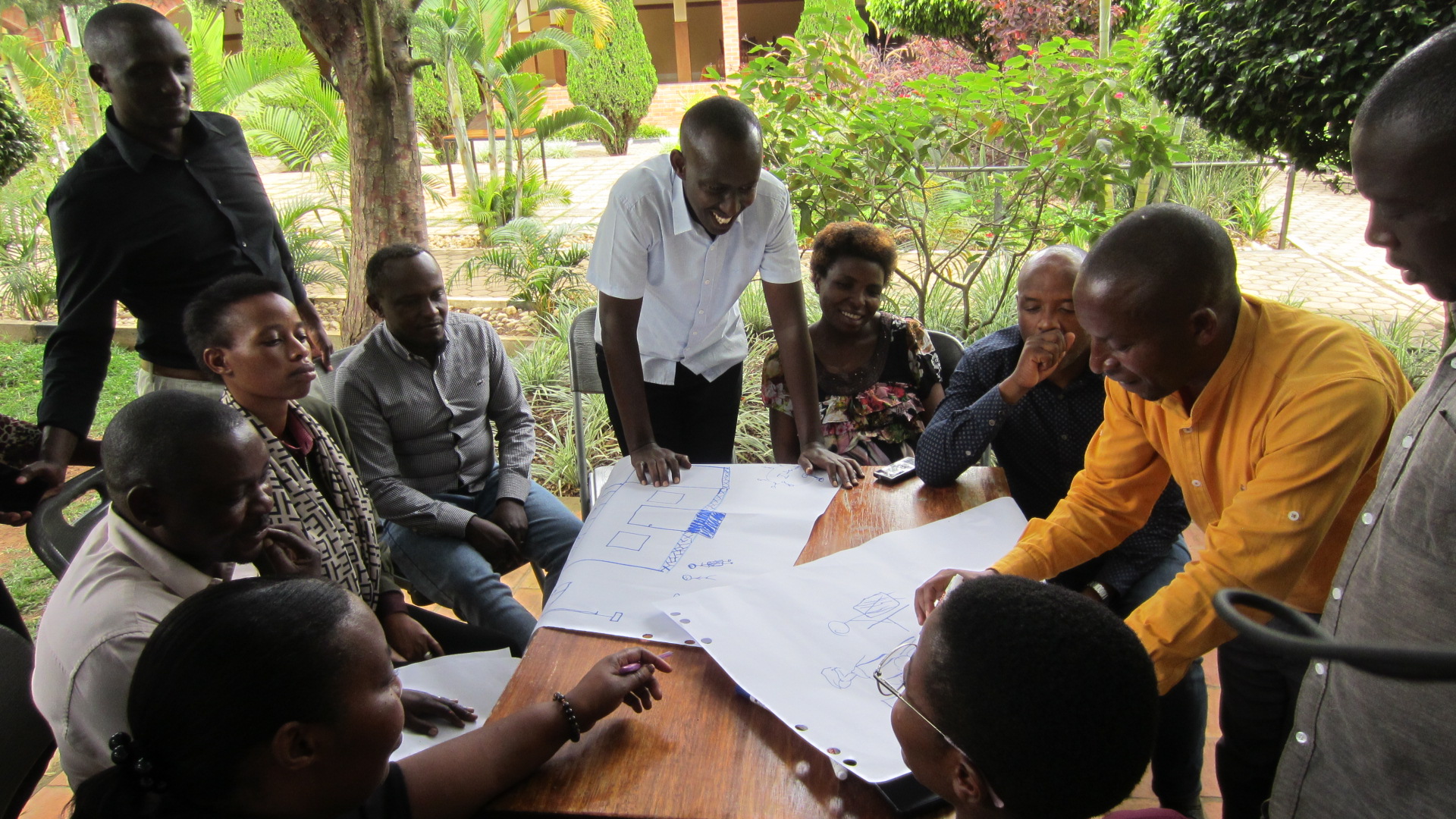
At the end of the training, stakeholders expressed a renewed sense of responsibility and made concrete commitments to advance disability inclusion. TVET leaders pledged to formalize partnerships with UNABU to facilitate the enrollment of girls and women with disabilities into vocational training programs. District leaders and BDEO representatives committed to organizing joint community sensitization campaigns focusing on promoting the rights and inclusion of persons with disabilities. Additionally, a comprehensive mapping of existing local opportunities for girls and women with disabilities was conducted to facilitate a more targeted programming and effective referrals.
To ensure long-term impact and sustain the momentum from the workshop, UNABU establishes regular follow-ups and coaching sessions for trained stakeholders to support the practical implementation of disability inclusion. Formalizing partnerships through Memorandums of Understanding (MoUs) is encouraged, particularly with TVET institutions and local authorities. Ongoing community sensitization campaigns will continue, with a special focus on promoting the rights and inclusion of girls and women with disabilities.
UNABU’s ongoing work in Bugesera—and now expanding to Nyabihu through the second phase of the Employable Project—reflects the organization’s steadfast commitment to dismantling systemic barriers. By empowering institutions and community leaders, UNABU ensures that girls and women with disabilities are no longer left behind—they are seen, heard, and supported to thrive.“When we equip leaders with the right understanding and tools, inclusion becomes possible—not just as a policy, but as a lived reality,” said Gaudence Mushimiyimana, Executive Director of UNABU and lead facilitator of the workshop.

